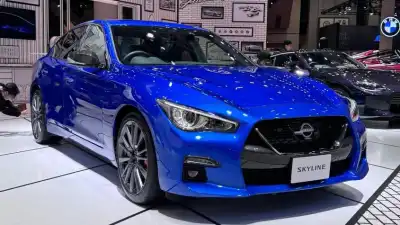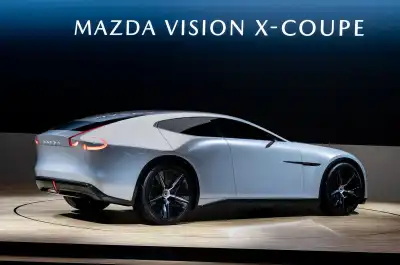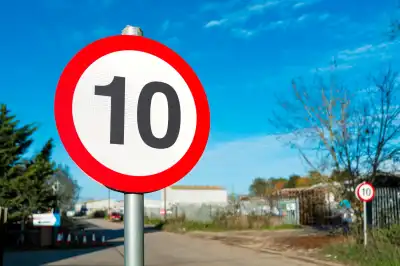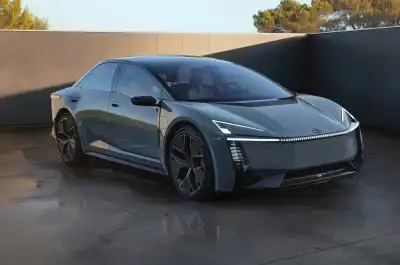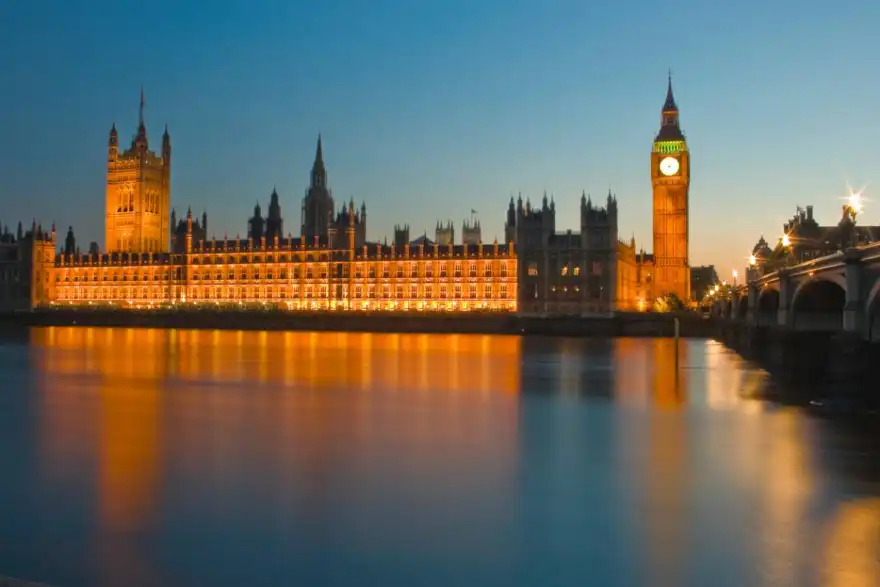
The upcoming general election on July 4 gives people up and down the country an opportunity to shape how the country will be run. Not only does that mean impacting areas such as education and local services, but it could also dictate how we drive.
The main political parties all have a number of pledges when it comes to motoring and transport so, ahead of the vote, we’ve been taking a look at what each one could mean for you.
Conservatives
The Conservatives introduced a motoring-specific ‘Plan for Drivers’ last year, which incorporated a number of pledges including the opening of bus lanes to drivers when they’re not in use alongside a rule which would make it legal for motorcycles to use all bus lanes, too.
The party also pledged £30 million in funding to upgrade traffic signal systems, replacing older and obsolete equipment to aid reliability and ramping up fixed penalties for utility companies that take too long to complete roadworks.
Its 2024 manifesto builds on these initial pledges with a number of extras. For one, it would seek to reverse the London Mayor’s Ultra Low Emissions Zone (ULEZ) expansion plans, and reverse blanket Low Traffic Neighbourhoods (LTNs) and 20mph zones. It added that any new schemes would have to be decided via a public referendum, too.
The Conservatives haven’t made a pledge regarding electric or new energy vehicles, instead switching to a commitment to PumpWatch, which would make it a legal obligation for fuel stations to share real-time pricing information with a selected organisation to ensure better transparency about fuel prices for drivers.
RAC head of policy Simon Williams said: ‘Although the previously announced £8.3 billion of reallocated HS2 funding for resurfacing 5,000 miles of local roads is welcome, it’s important to realise this only represents 3 per cent of all council-run roads in England.
‘Spread over an 11-year timeframe, that funding sadly doesn’t scratch the surface of the country’s pothole problem. We would have liked to see a commitment to ringfencing some general taxation to pay for local road maintenance, which would give councils the ability to plan long-term programmes to bring their roads back up to a fit-for-purpose state.’
Labour
One of Labour’s headline pledges is to reinstate the 2030 ban on the sale of new petrol and diesel cars - a policy which was delayed until 2035 by the Conservatives. Alongside this, the party is looking to boost the installation of electric car charging points while helping out buyers of used EVs by making the battery information clearer and easier to digest.
This new information might come through so-called ‘battery passports’ which would show where the car’s raw materials came from, the amount of recycled metal used within them and - most importantly - detailed information about the health of the battery pack. This would help buyers get a clearer picture of how much range a used EV could deliver.
Labour has also stated that it will delay the A27 bypass scheme near Arundel and use the funds which would’ve been spent on this to repair an additional one million potholes in England in each year of the next parliament.
Liberal Democrats
The Liberal Democrats have the greatest focus on electric vehicles of any of the major parties as it looks to help drivers transition over to ‘new energy vehicles’. It has stated that it will cut VAT on public charging to five per cent, which would have a drastic effect on how much it costs to charge up via the public network.
The Lib Dems will also require all charging points to accept contactless payment, as well as increase the roll-out of charging provisions through both residential on-street points and ultra-rapid stations.
In a similar vein to Labour, the Lib Dems will also reverse the delay of the 2035 new petrol and diesel car ban, returning it to its original 2030 timeline. The party also wants to introduce a plug-in car grant, but hasn’t stated the specifics of this scheme.
Green Party
It won’t come as much of a surprise that the Green Party wants to move drivers away from a reliance on cars. In its manifesto, it has pledged to restore the fuel-duty escalator, which would increase the cost of both petrol and diesel. It would also introduce a road-pricing system that would tax cars based on the weight of the vehicle.
The Green Party has said that they will oppose all new road-building plans while simultaneously bringing forward the ban on all combustion-engined cars to 2027.
The money that would otherwise be used on road building will be shifted to fund new cycleways and footpaths which will be built using sustainable materials. It’ll also put a frequent flyer levy on those who are regularly on planes to help fund its sustainable initiatives.
The Green Party has also said that it will commit to a 20mph speed limit as a default on roads in all built-up areas.

